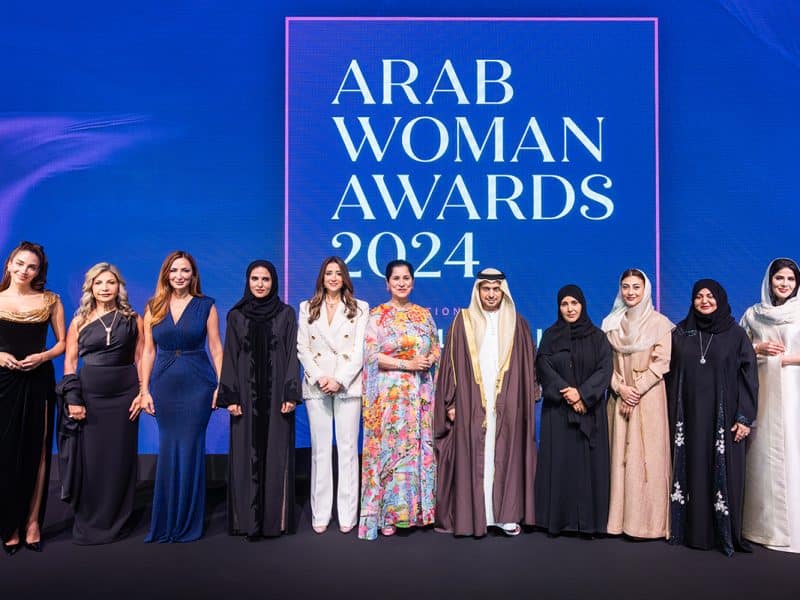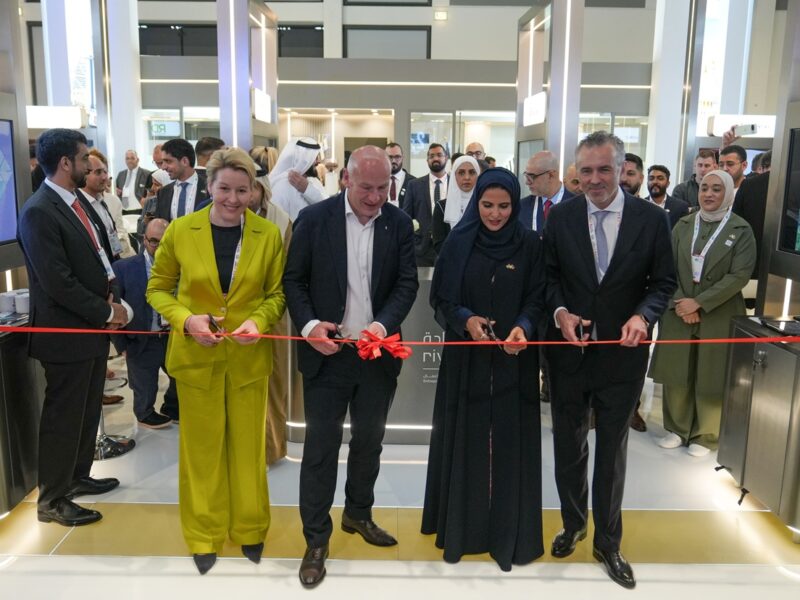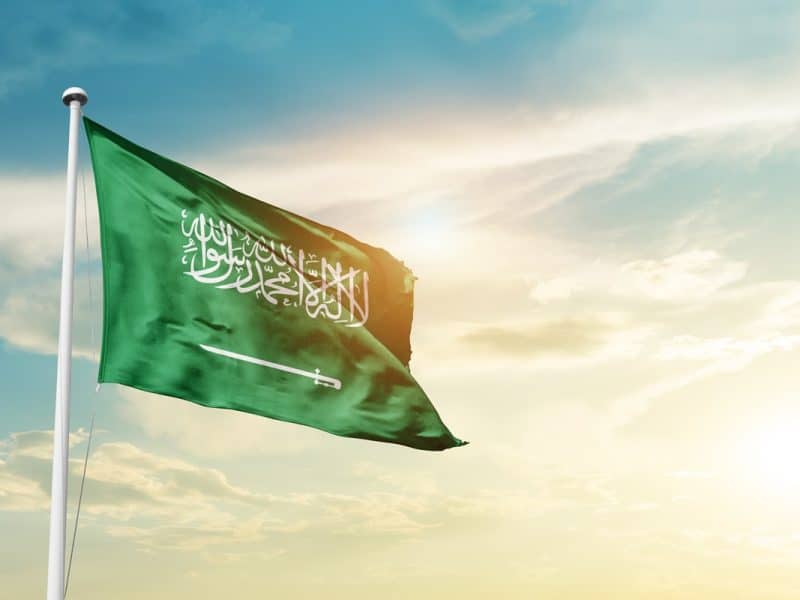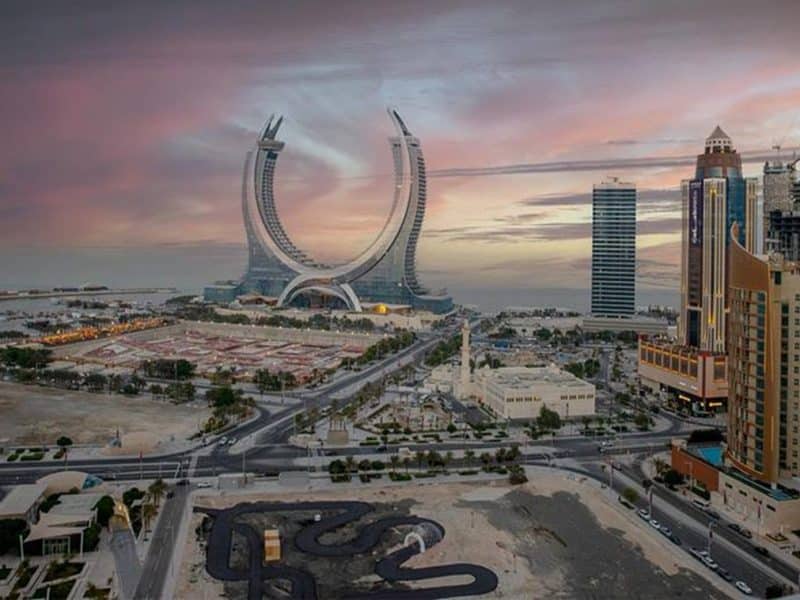By ITP
Five things to know about non-financial sectors blockchain will impact
The Future Blockchain Summit last week highlighted the full scope of blockchain’s potential
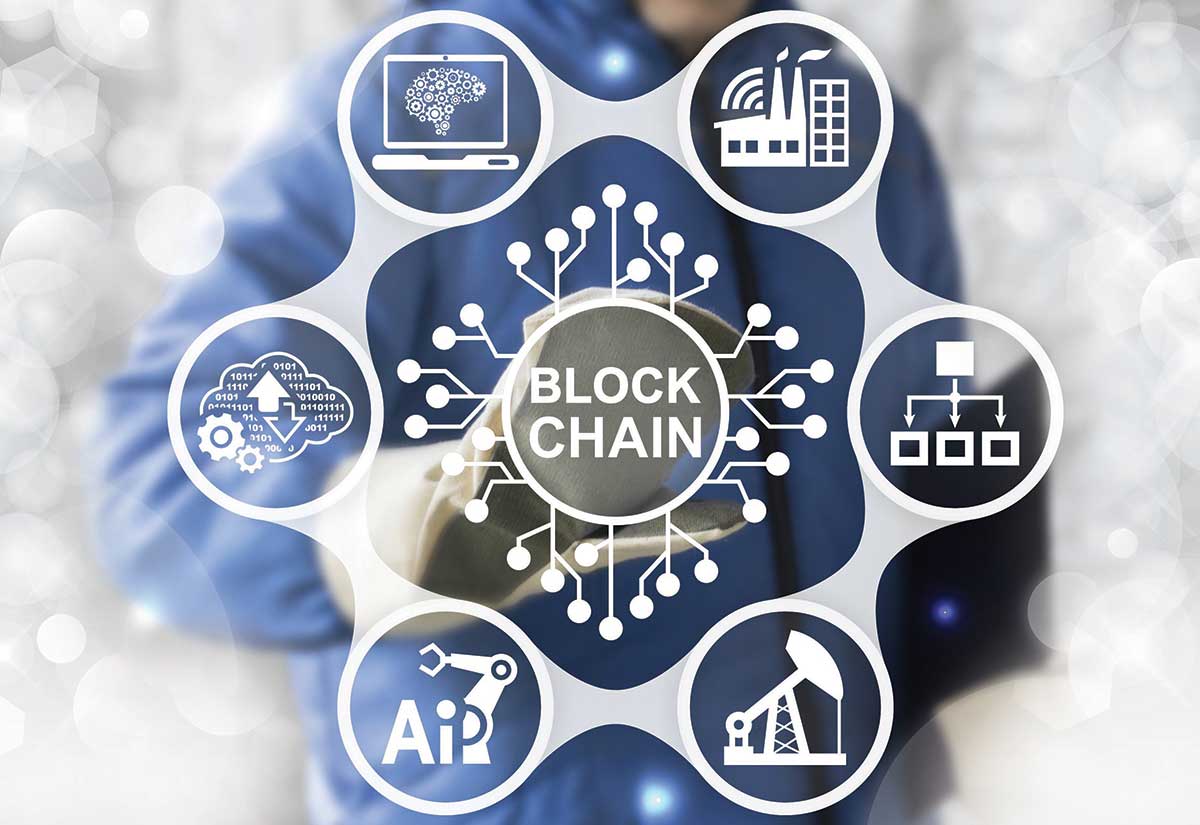
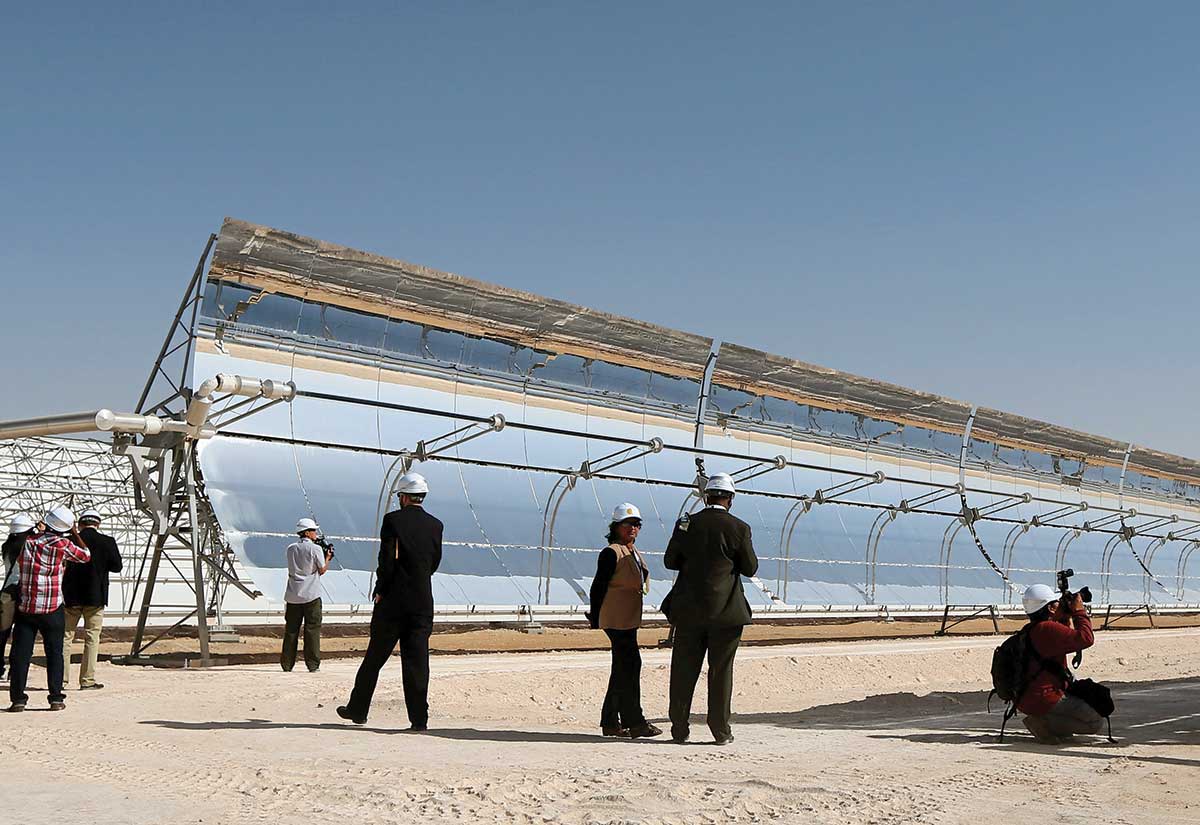
Power supply: Dubai-based start-up Genr8 is seeking to revolutionise the energy sector by creating “the word’s smartest energy exchange”, on which renewable energy from solar, water and wind can be traded. Until now, the renewable energy market distributes energy through a “certificate” system, in which intermediaries are involved – often at high cost to the end-user.
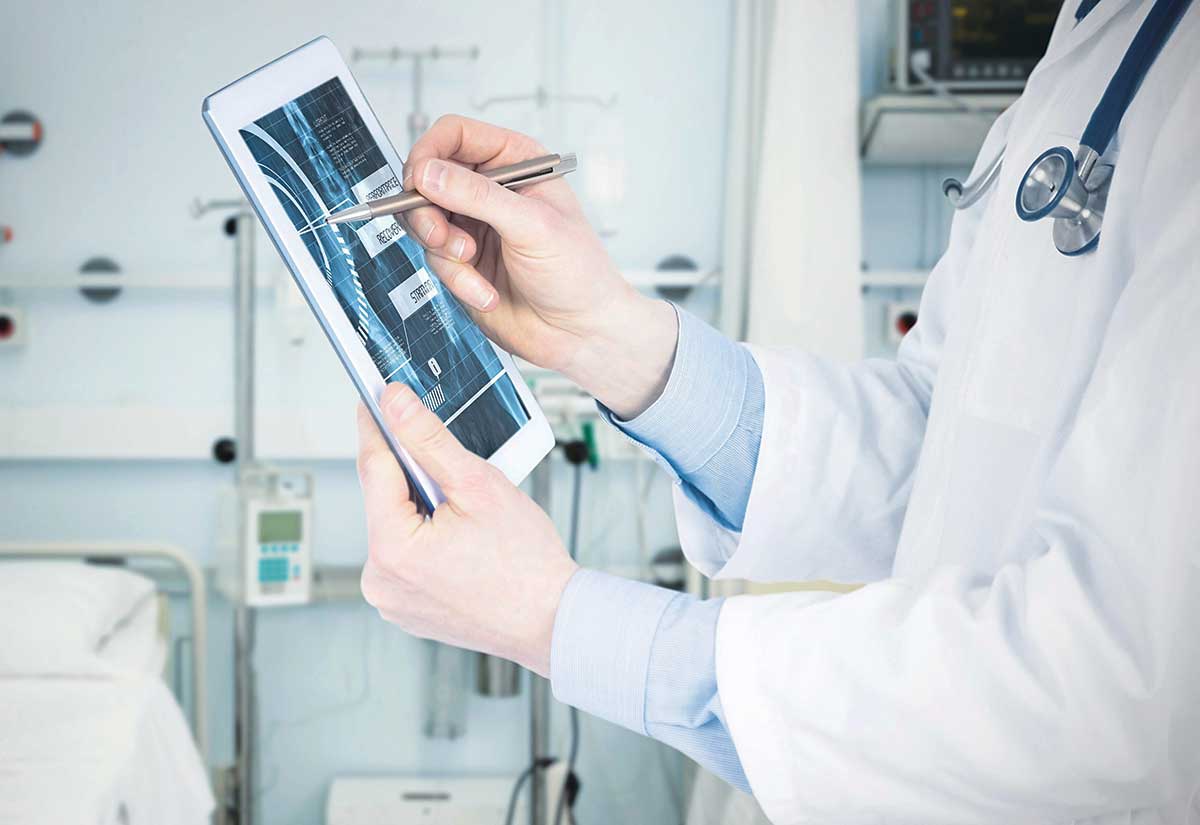
Medical records: Blockchain is being seen as a means of storing medical records that will allow instant retrieval wherever and whenever a patient might need them – a process currently being pioneered by UK start-up Medicalchain. In the UAE, Du and NMC Healthcare have announced plans to add a layer of security to electronic health records using this technology.
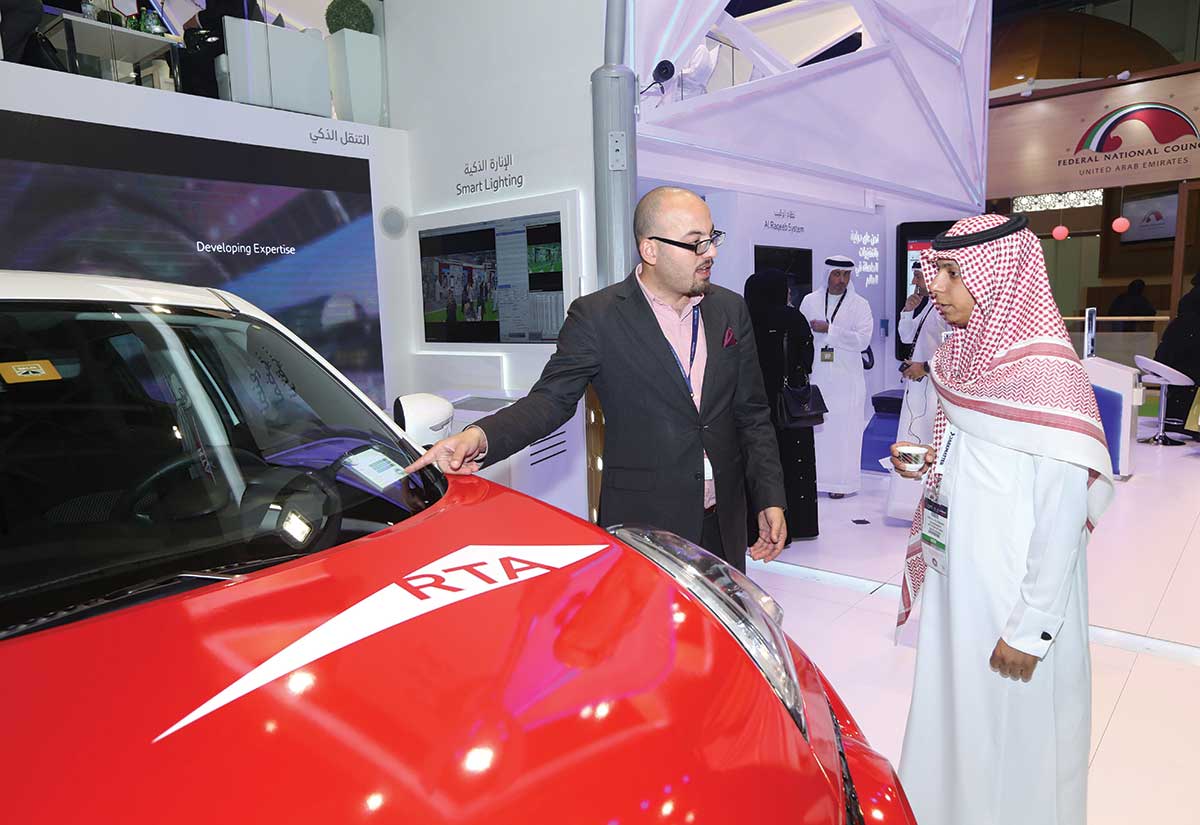
Automotive: Dubai’s transport authority, RTA, has advanced plans to create a vehicle lifecycle management system using a blockchain network. The project is designed to provide a vehicle history from the manufacturer all the way to the scrap yard and will cover all cars in Dubai. The RTA said it expects to launch the completed system in 2020.
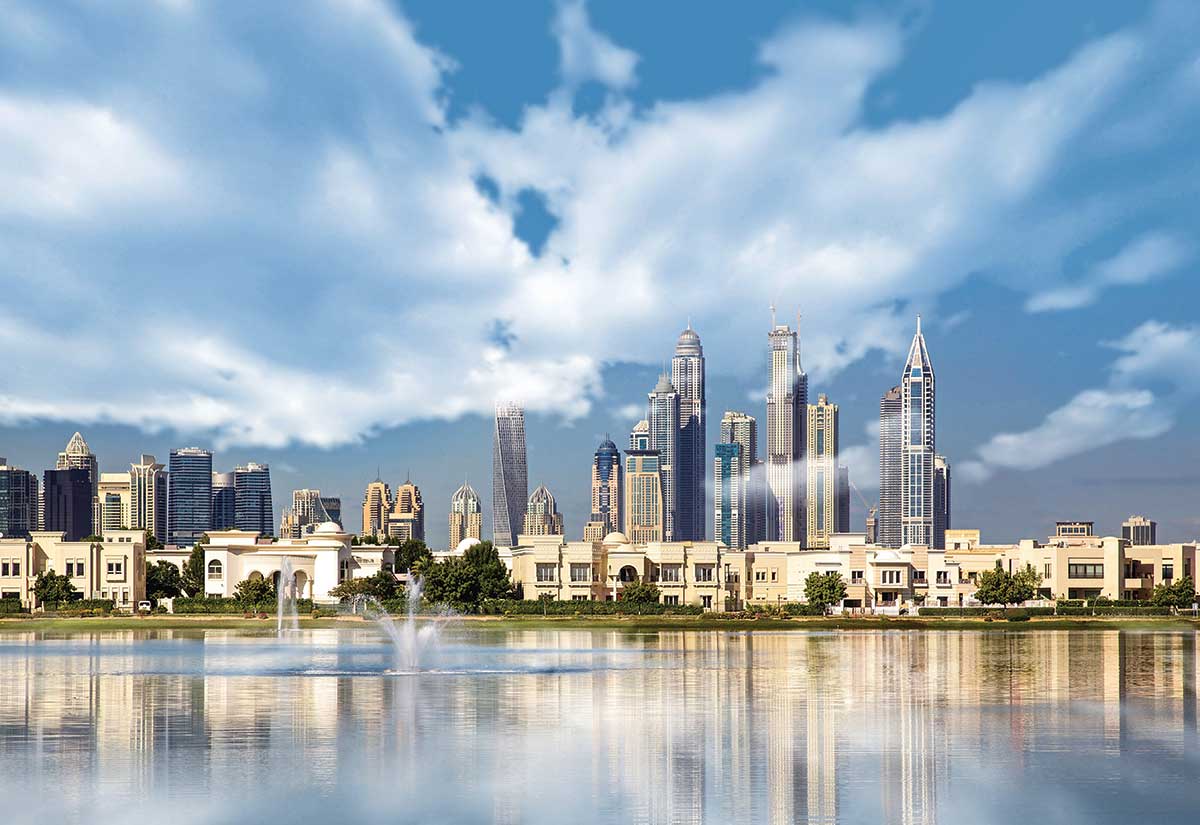
Real estate: The Dubai Land Department is trialling a decentralised ledger to document and store all data concerned with real estate transactions. The DLD is employing blockchain technology in three key areas: ownership verification, property sales by developer, and smart leasing. The goal is to provide secure property data as well as eliminate paper documentation.
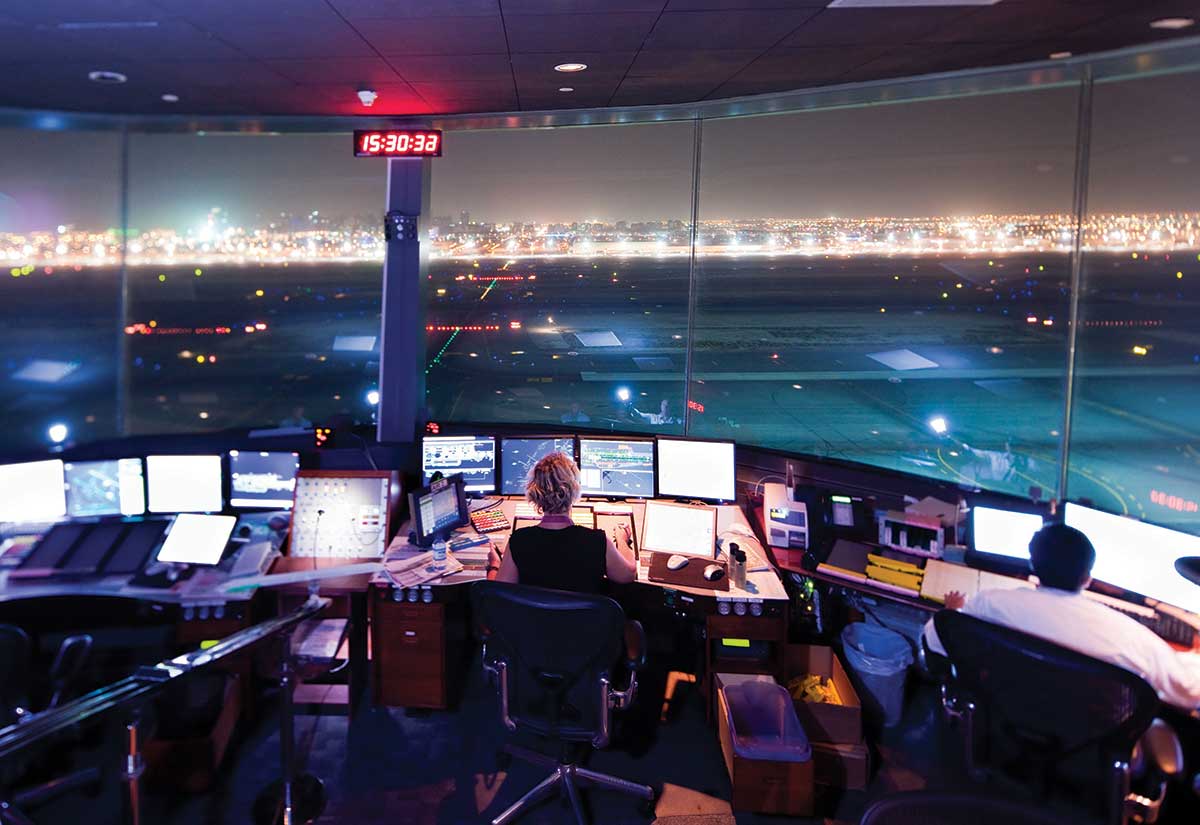
Air traffic control: Vimana believes blockchain can help the evolution of the smart city in one key area: air-traffic control. A proposed Vimana network, consisting of terrestrial and airborne nodes, runs on a high-performance blockchain protocol to help alleviate air-traffic congestion problems. Vimana already has five smart city strategic agreements in place.

